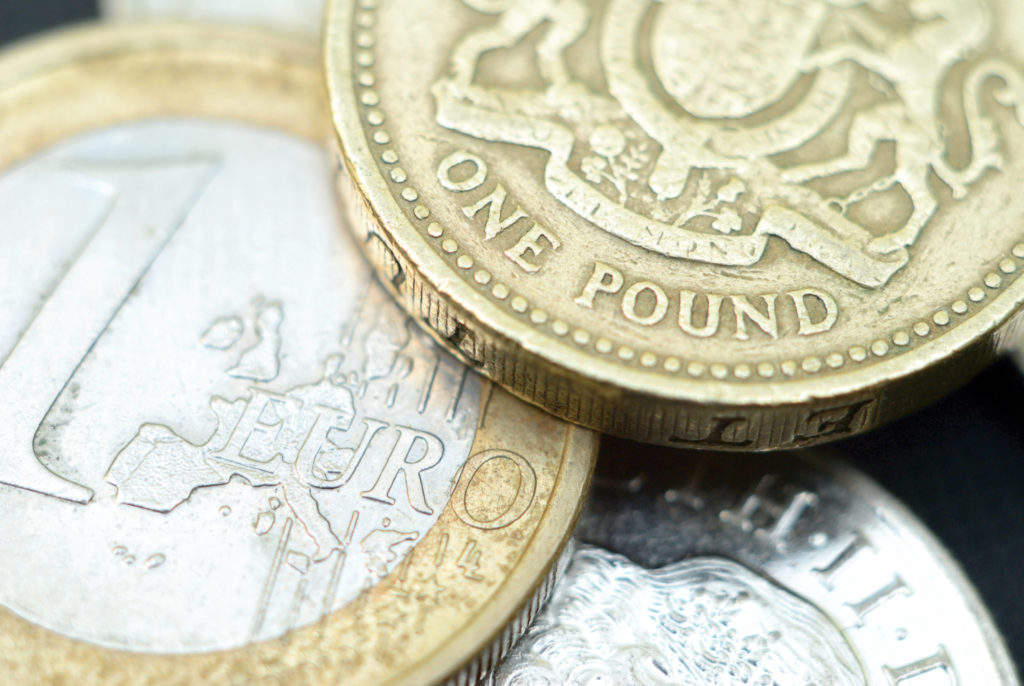
More than half of UK businesses believe they will have to put their prices up due the fall in the value of sterling, according to a survey by the British Chamber of Commerce (BCC).
A poll of nearly 1,500 business carried out in December found that 54 percent expected to have to increase the prices of products and services over the next 12 months.
The weak pound has resulted in a squeeze of domestic sales margins and increased the cost base of UK business, since the vote to leave the European Union took place in June 2016. 68 percent of businesses expect the increase in their cost base to increase over the next year, with 44 percent saying the devaluation is having a negative impact on the business.

The BCC anonymously surveyed 1,474 business people in an online questionnaire in December, in conjunction with foreign exchange company Moneycorp. The respondents included business from every region of the UK; with around one third of those surveyed from manufacturing business.
Adam Marshall, director general of the BCC, said in a statement:

US Tariffs are shifting - will you react or anticipate?
Don’t let policy changes catch you off guard. Stay proactive with real-time data and expert analysis.
By GlobalData“The depreciation of Sterling in recent months has been the main tangible impact that firms have had to grapple with since the EU referendum vote.
“Our research shows that the falling pound has been a double-edged sword for many UK businesses. Nearly as many exporters say the low pound is damaging them as benefiting them.
“For firms that import, it’s now more expensive, and companies may find themselves locked into contracts with suppliers and unable to be responsive to currency fluctuations.”
The effect of the pound has been more diverse on export margins with around 25 percent of businesses reporting a positive impact, compared to 22 percent saying it has had a negative impact.
British manufacturers and exporters will benefit as foreign buyers need less currency to buy our goods. A weak pound means UK exporters should look forward to increased sales or profit margins, or possibly both.

Ryanair is the latest company to announce that the uncertainty following the Brexit vote and weak sterling has put pressure on the company’s pricing. Average fares fell faster than planned last year, while profits at the airline declined too, it announced today.
Neil Wilson, senior market analyst at ETX Capital, told the BBC: “Ryanair’s trouble is that it has huge exposure to the UK market and sterling, but earnings are booked in euros.
“The airline derives about a quarter of its earnings in pounds so the collapse in sterling explains a good deal of the fall in profits.”







